Will Duluth connect the dots?
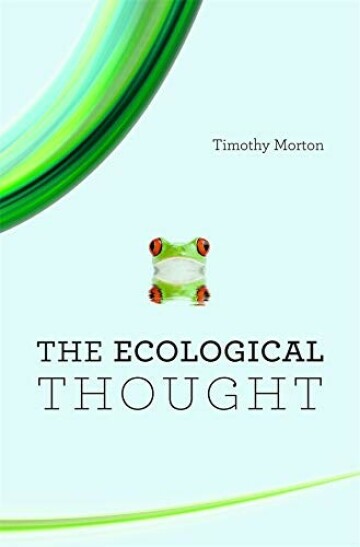
While doing research and writing about climate change, I’ve found myself going back on several occasions to Timothy Morton’s book The Ecological Thought.
In his opening remarks, Morton wrote, “The ecological crisis we face is so obvious that it becomes easy – for some, strangely or frighteningly easy – to join the dots and see that everything is interconnected. This is the ecological thought. And the more we consider it, the more our world opens up.”
Yet, Morton expresses concern that for most of us it hasn’t been easy, if not impossible, to see the interconnections. According to Morton, this modern society we live in has not only destroyed various ecosystems and species but also has prevented us from seeing the “mesh of life” and therefore, this negatively impacts the way we envision how we can live together and coexist.
So, given his argument, if we don’t take an ecological approach to climate change, then our world closes down.
In Duluth, I’m very concerned that we don’t see it. We don’t see the larger picture. We don’t see the interconnections. We don’t see the mesh.
I’m also worried that Duluth’s local governments and community leaders have adopted a mechanical and limited mindset which compartmentalizes how they view climate change and its relationship not only with the environment but also with significant community concerns like the city’s public health, economic development and housing.
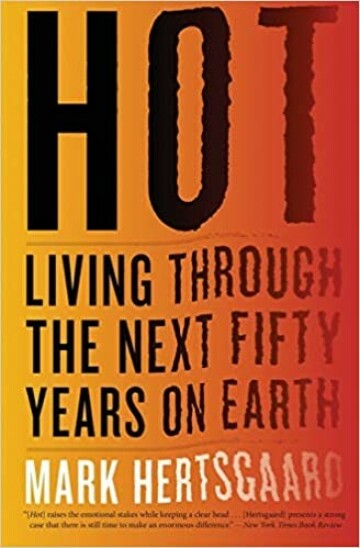
By doing this, our leaders will have disconnected themselves from exploring and undertaking the most comprehensive and proactive strategies to helping Duluth become a healthier and more resilient city.
In his book Hot: Living Through The Next Fifty Years On Earth, Mark Hertsgaard stated that if we want to effectively address these climate events, then the first step is to change the way we think about climate change. Hertsgaard wrote, “The climate problem has undergone a paradigm shift; we humans must now make a paradigm shift of our own.”
So, if Duluth wants to gain a deeper and more thorough understanding of climate change, then we need to make a paradigm shift in how we look at climate change. And to undertake that shift, we need to identify and acknowledge all the interconnections between climate change and every issue or service that impacts the greater community.
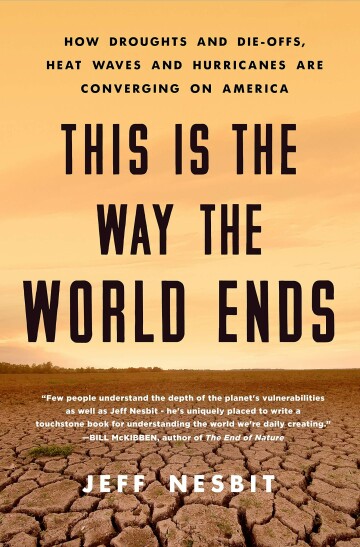
From Jeff Nesbit’s book, This Is The Way The World Ends, to The Uninhabitable Earth by David Wallace-Wells, numerous journalists and scientists have written and reported about the growing evidence connecting climate change to infectious diseases and pandemics.
Nesbit references a study by a group of ecology and evolutionary biologists in Science during the summer of 2013 that linked climate change and various public health threats, while Wallace-Wells wrote about new plagues and diseases that climate change will introduce to the world.
For Duluth to move forward, it must take a different and more timely approach to addressing climate change. An approach that connects climate change to our city’s public health and other concerns like Duluth’s environmental and economic health.
To connect the dots, Duluth needs to connect climate change to anything whose health is negatively impacted.
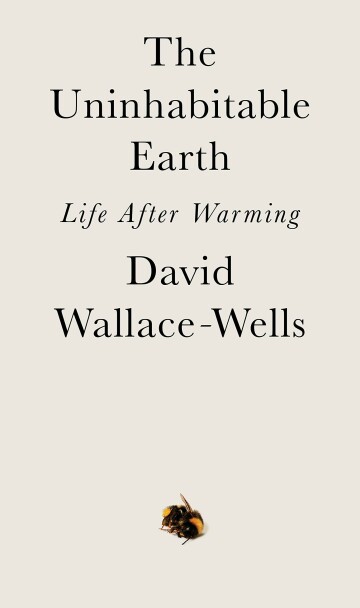
In his book The One Thing: The Surprisingly Simple Truth Behind Extraordinary Results, Gary Keller wrote, “Answers come from the questions, and the quality of any answer is directly determined by the quality of the question. Ask the wrong question, get the wrong answer. Ask the right question, get the right answer. Ask the most powerful question, and the answer will be life altering.”
It’s time for the city to ask the most powerful question, and at the same time, connect the dots: How does Duluth become a healthier and more resilient city, with regards to the environment, public health, local economic development and other primary issues of concern to the greater community?
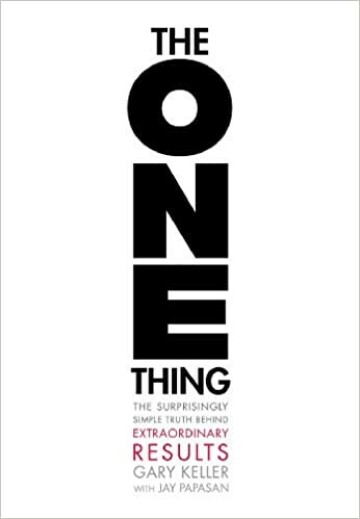
In January 2021, the city council or a group of community stakeholders could announce the creation of a new climate task force.
The mandate for the task force is simple. Within 90 days, this group will prepare and present a report to the city council, as well as the sustainability director and community leaders,
that provides an overview and outlines the various connections between climate change and all major citywide issues that directly impact the greater community’s health.
The members of this task force should be diverse and interdisciplinary, including representatives from health care, public transportation, social service agencies, urban design, education, housing and utilities as well as representatives from all the major climate and environmental groups in Duluth.
Duluth, the clock is ticking.
